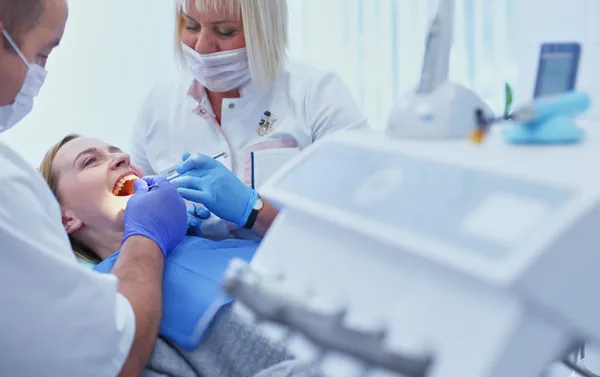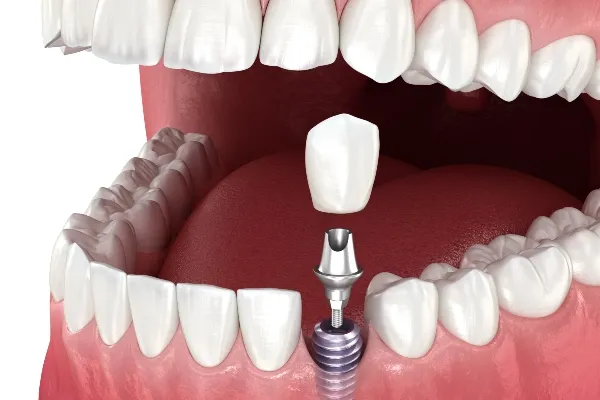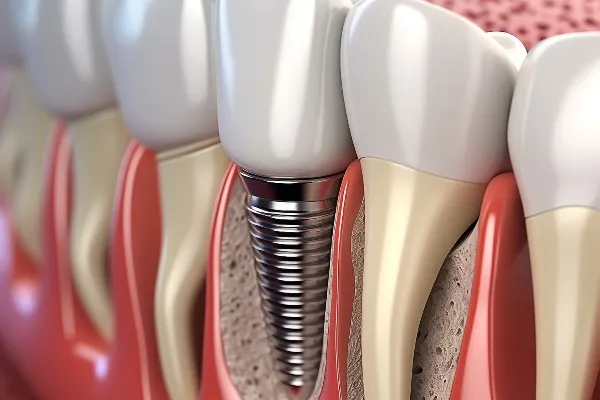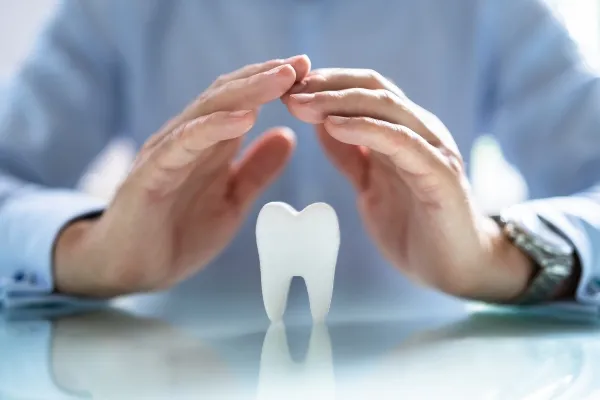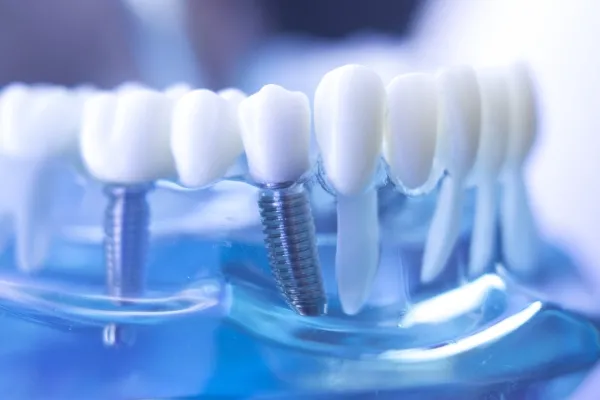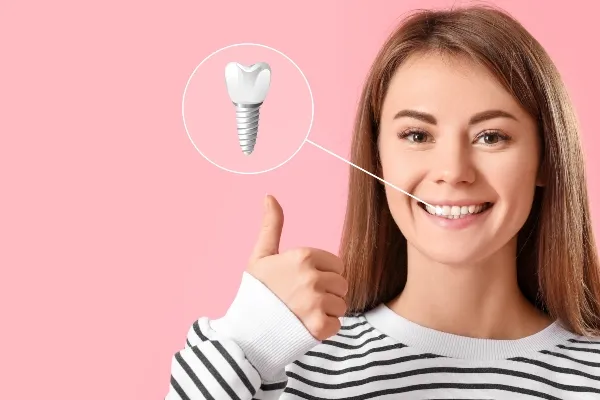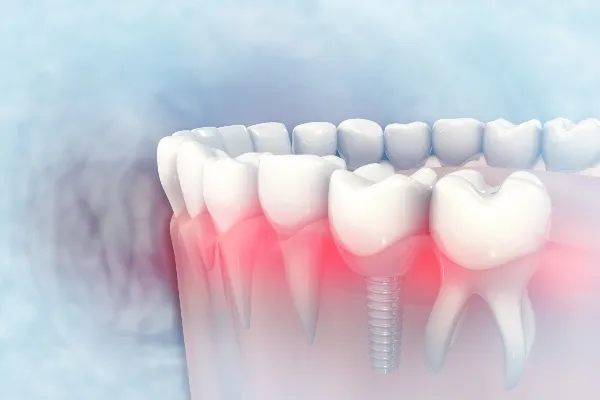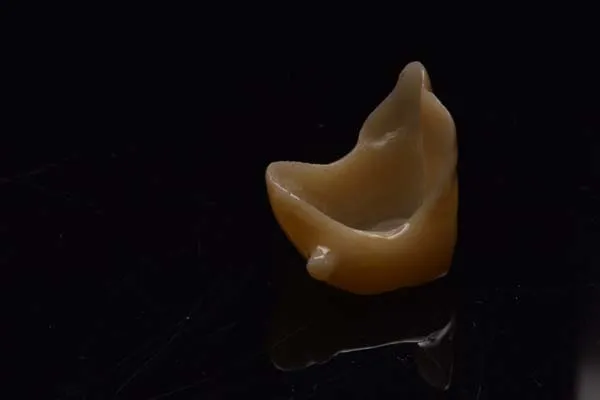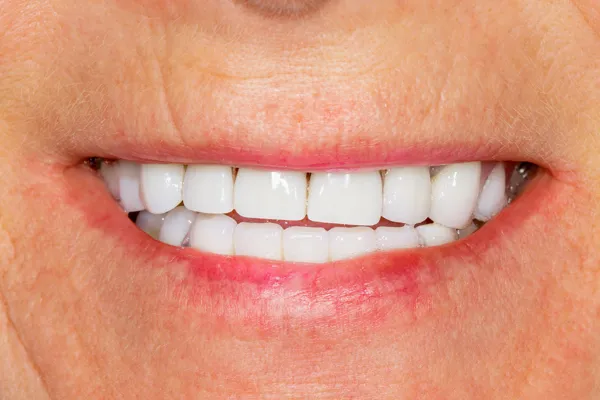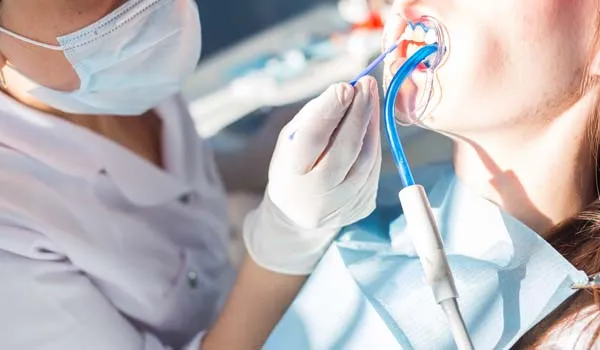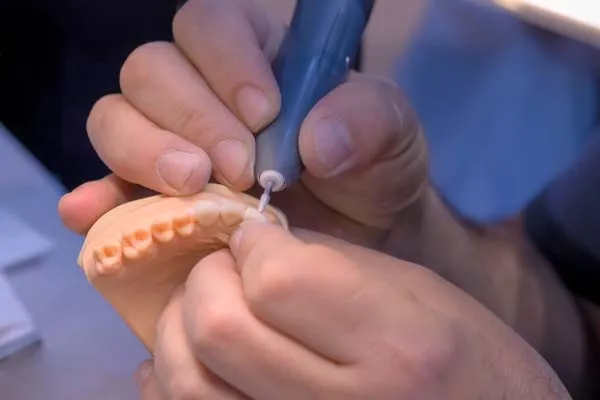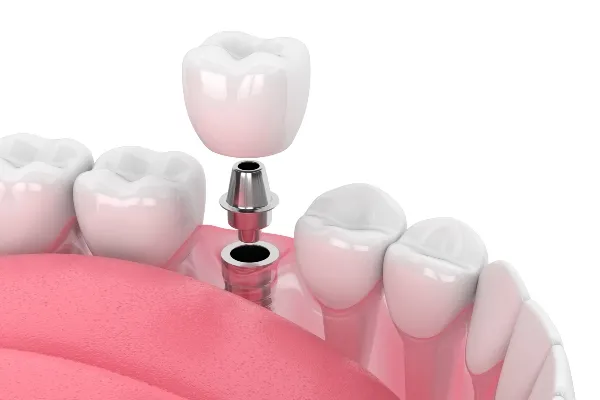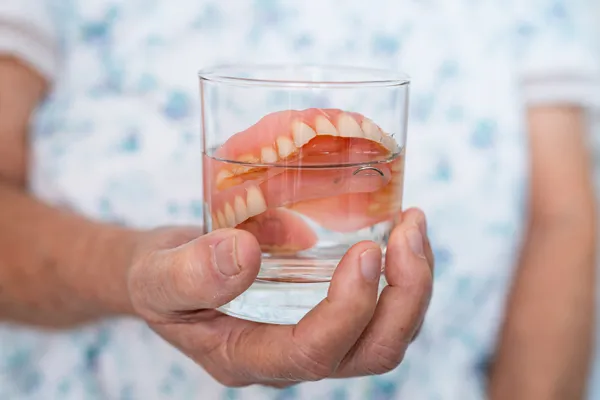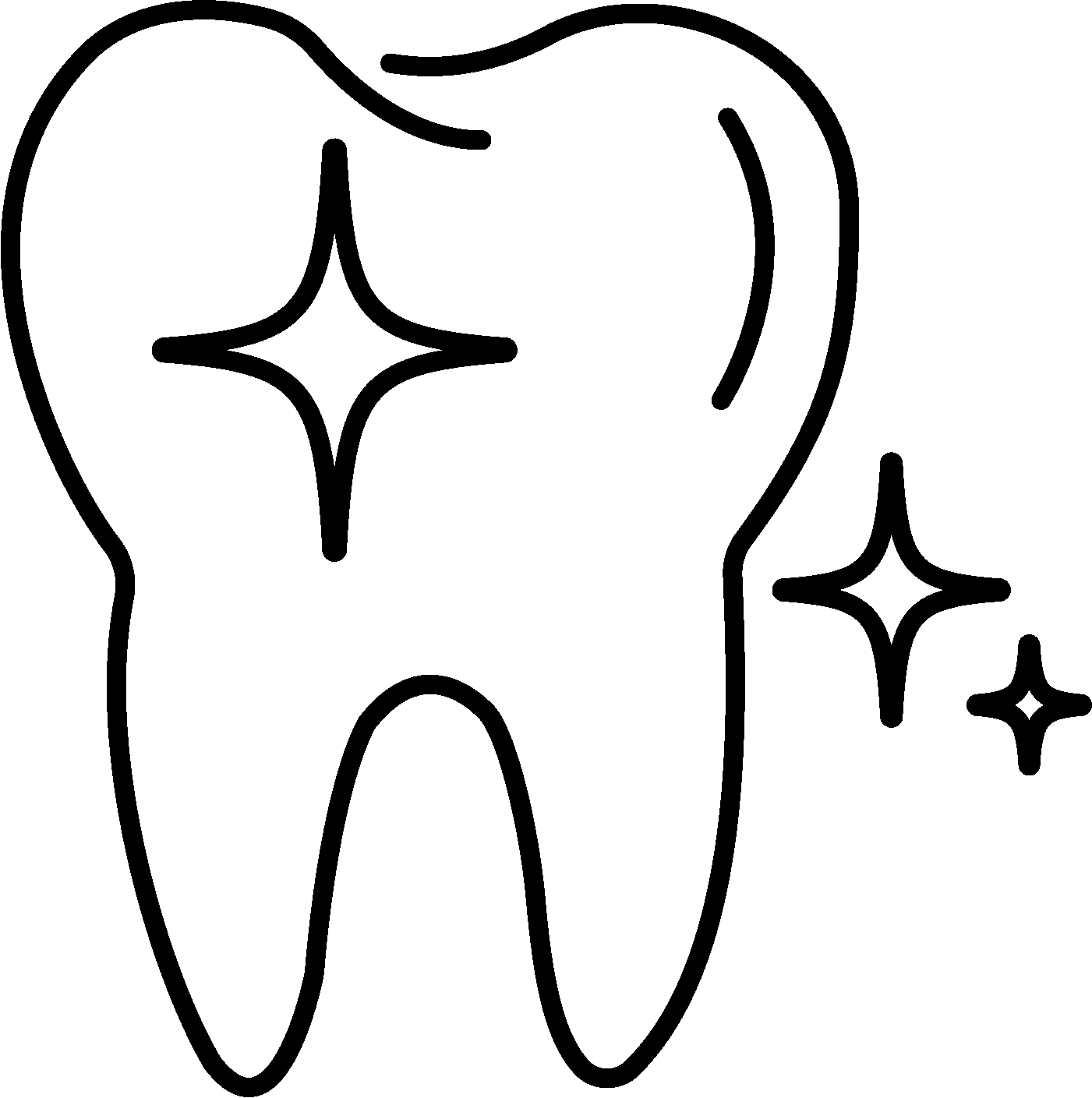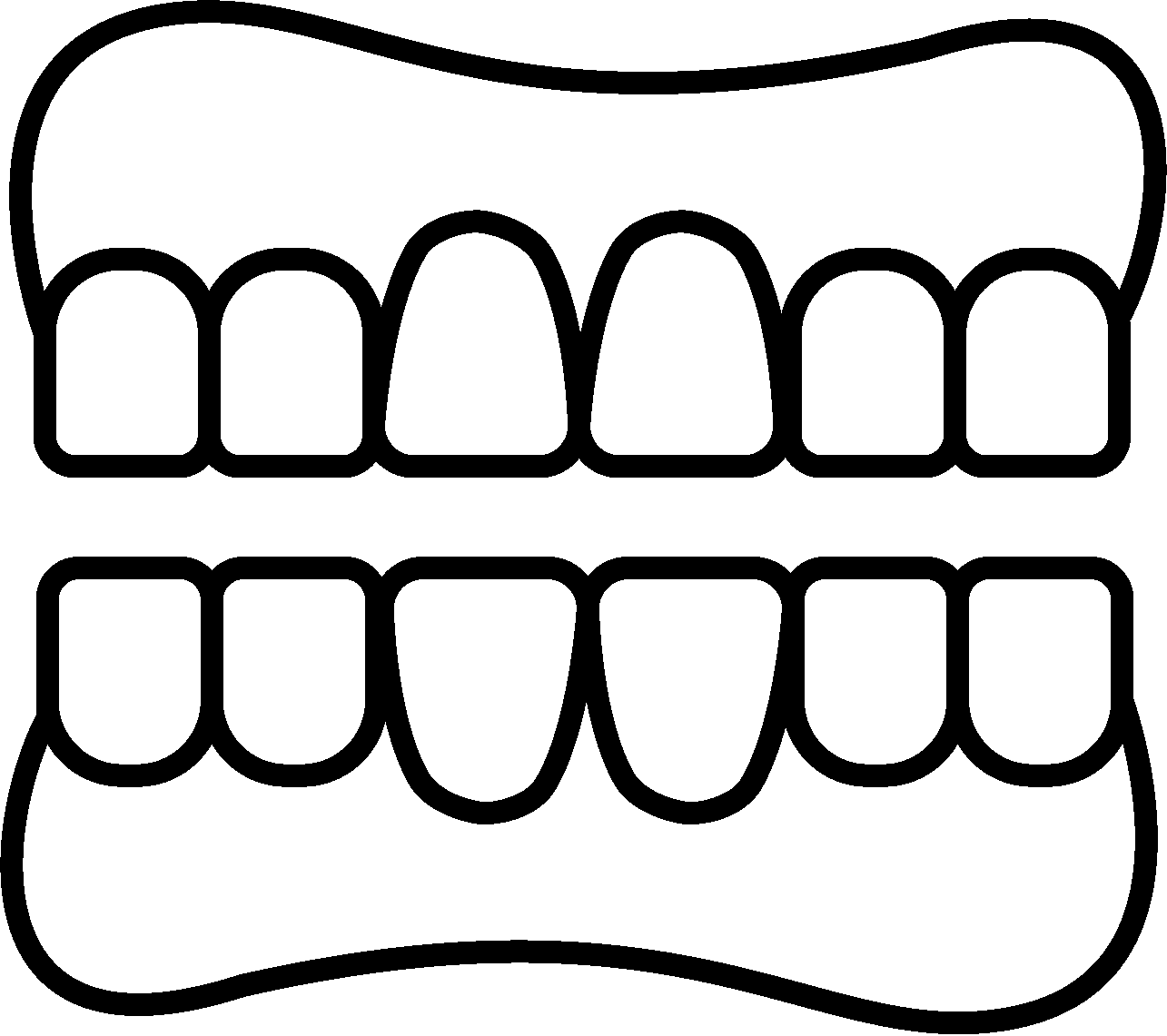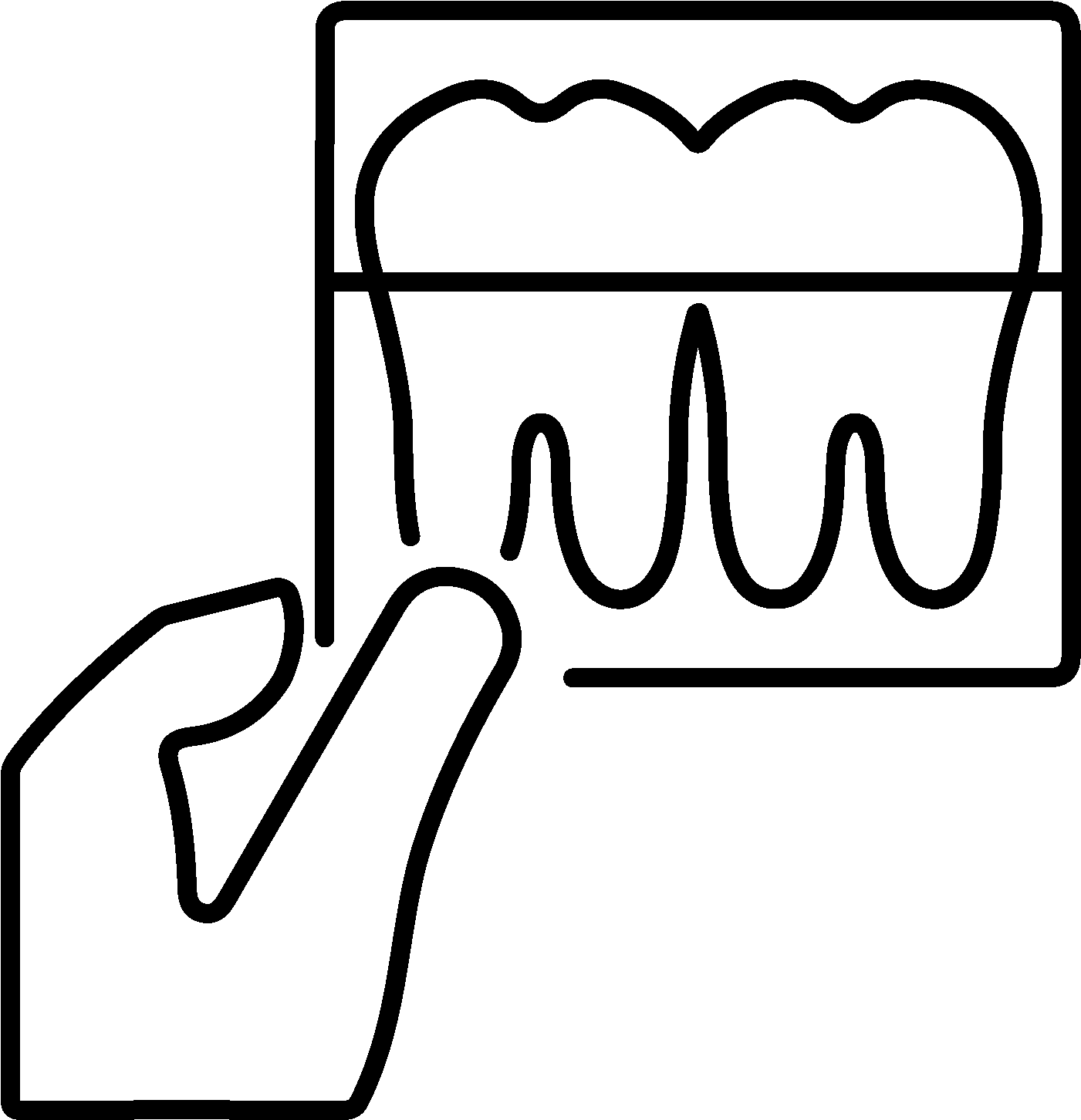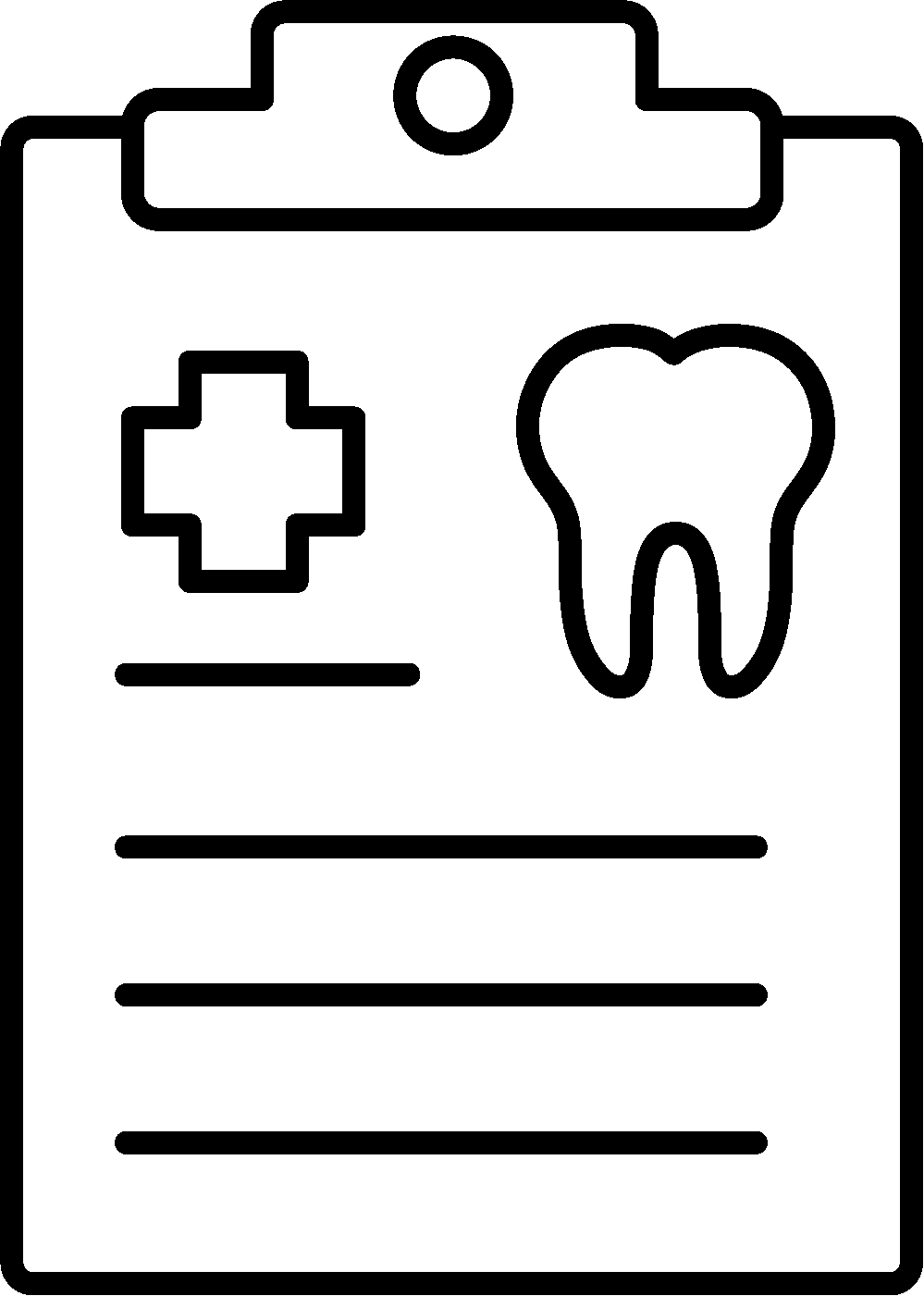
Dental Blog | Rhodes & Rhodes Family Dentistry
Healthy Smiles Start with Knowledge
Welcome to the Rhodes & Rhodes Family Dentistry blog—your trusted source for helpful tips, expert insight, and answers to the dental questions you actually care about. Whether you’re wondering how to ease dental anxiety or curious about the latest in smile technology, we’ve got you covered.
Local Voices. Trusted Advice.
We’re more than your family dentist—we’re your partner in long-term health. Our blog shares everything from everyday hygiene tips to deeper dives into advanced treatments, all written by the same team who cares for you in the chair.
Expect content that’s:
Easy to understand (no jargon)
Backed by real clinical insight
Relevant to your health, your family, and your life in Tuscaloosa
Latest Posts
Popular Topics We Cover
Looking for a specific topic?
Let us know—we’re always adding new content that matters to you.
Preventive care & dental hygiene
Common conditions like bruxism or sleep apnea
Cosmetic smile solutions
Pediatric and family care tips
Dental technology updates
Insurance, financing, and patient FAQs

Stay Connected with Your Smile
Great dental care doesn’t end when you leave the office. Follow along here for regular updates, and stay ahead of the curve when it comes to your oral health.



